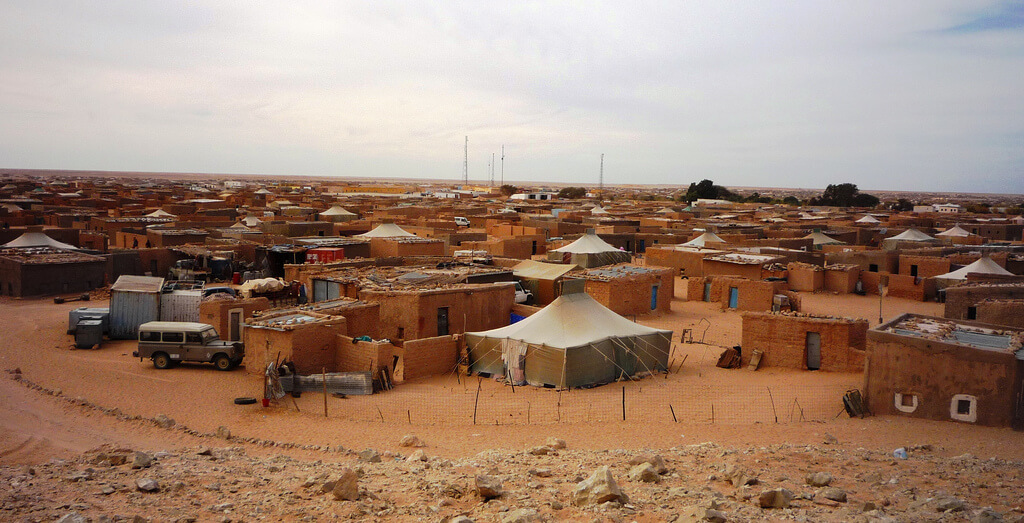The Amazigh are the indigenous people of Algeria and other countries of North Africa and have been present in these territories since ancient times. The Algerian government, however, does not recognise the indigenous status of the Amazigh and refuses to publish statistics on their population. Because of this, there is no official data on the number of Amazigh in Algeria. On the basis of demographic data drawn from the territories in which Tamazight-speaking populations live, associations defending and promoting the Amazigh people estimate the Tamazight-speaking population to be around 12 million people, or 1/3 of Algeria’s total population.
The indigenous populations can primarily be distinguished from other inhabitants by their language (Tamazight) but also by their way of life and their culture (clothes, food, songs and dances, beliefs, etc.). After decades of demands and popular struggles, the Amazigh language was finally recognised as a “national and official language” in Algeria’s Constitution in 2016. The Constitution does, however, specify that the official nature of this language will need to be set out in an act of parliament. Meanwhile, the Amazigh identity continues to be marginalised and folklorised by state institutions. Officially, Algeria is still presented as an “Arab country” and anti-Amazigh laws are still in force (such as the 1992 Law of Arabisation).
Internationally, Algeria has ratified the main international standards, and it voted in favour of the UN Declaration on the Rights of Indigenous Peoples in 2007. These texts remain unknown to the vast majority of citizens, however, and thus not applied, which has led to the UN treaty-monitoring bodies making numerous observations and recommendations to Algeria urging it to meet its international commitments.
International Work Group for Indigenous Affairs, The Indigenous World 2019


